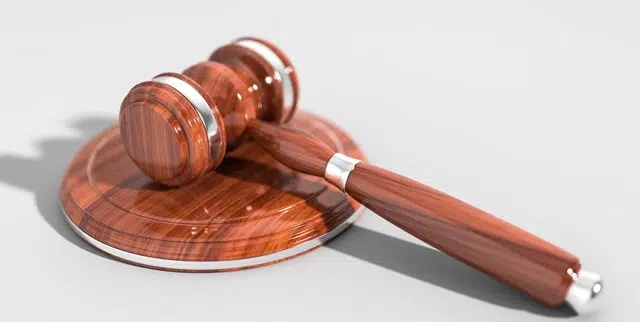
Civil Litigation is a lawsuit between persons or entities that does not involve criminal penalties. It generally includes all disputes that are formally submitted to a court about any subject in which one party claims that another party has committed a wrongful act but not a crime. The remedy sought in civil litigation is usually to recover money or a judgment that requires one party to do something or to stop certain acts.
There are many cases that may involve civil litigation, which include the following:
A typical lawsuit begins with filing a complaint in court, clearly setting out the nature of the claim, the relief sought, and the allegations. Under Thai law, the plaintiff must bring a civil case to the court where the cause of action arises or where the defendant resides. If involving immovable property, the plaintiff has to bring a lawsuit to the court based on such property’s location, or where the defendant resides.
Once the defendant gets the complaint notice, he or she must file a written answer with the court within 15 days. The answer must clearly state his stand on every point of the complaint and what part of the claim he admits or denies. The defendant may also make a counterclaim against the plaintiff. If the defendant filed a counterclaim, the plaintiff must answer it within 15 days from the date the plaintiff received the answer.
If one is duly served with a summons and complaint in a civil action and then fails to respond within the time limit, the plaintiff may file a motion in court to declare the respondent in default. Once in default, the court shall continue conducting the proceedings. The defendant making a default answer may cross-examine the evidence. However, he will lose the opportunity to defend himself against the accusations made against him or attest to his own evidence.
In the first instance, a defendant making a default of answer appears in court before the court decides the case and informs the court that he intends to defend the case. Upon consideration of the court that the default of answer did not occur intentionally or occurred with reasonable excuse, the court shall allow such defendant to submit his answer within a given time and shall re-conduct the proceedings since the time that the defendant made default.
In the event that the court does not allow the defendant, who is in default, to submit an answer, or if the court issues a retrial order as per the request of the defendant, he cannot file a request for submission of an answer or a request for retrial.
All documents must be in Thai because all court proceedings are conducted in Thai. Therefore, documents in a foreign language need to have Thai translations before the court can admit them. This is except for the Intellectual Property and International Trade Court, in which they may conduct the proceedings in English. This is only true if the parties mutually agree not to translate. Moreover, it is not evidence of the main point of the case.
The Civil and Commercial Code sets statutes of limitations for filing a complaint. The period for filing a complaint depends on the type of action or nature of the claim you are pursuing. It is especially relevant to promptly consult with a lawyer about the facts of your claims. The lawyer will make an assessment of whether it is advisable to file a lawsuit. If you fail to respect the time limitations set out in the statute, you will not be able to bring an action to court.
Each case is different. The length of the litigation procedure depends on the complexity of the legal issues and facts. The number of witnesses and the volume of cases that the court handles also affect the process. Some lawsuits may resolve quickly, whereas lawsuits involving complex, high-value claims may take several months or years to conclude.
The easiest way is to consult a civil litigation lawyer who has vast experience in the area of your concern. A lawyer is in the best position to evaluate your situation and assess your claim.
Navigating civil litigation requires experienced guidance. We are dedicated to transforming legal complications into clear routes and providing specialized answers for your specific case. Need Help? Book an appointment now!

Magna Carta Law Firm website uses cookies. Further details are set out in our Cookies Statement. Necessary cookies (essential to make our website work) are always on. You can adjust your preferences using the 'View preferences' button in the footer of our website.